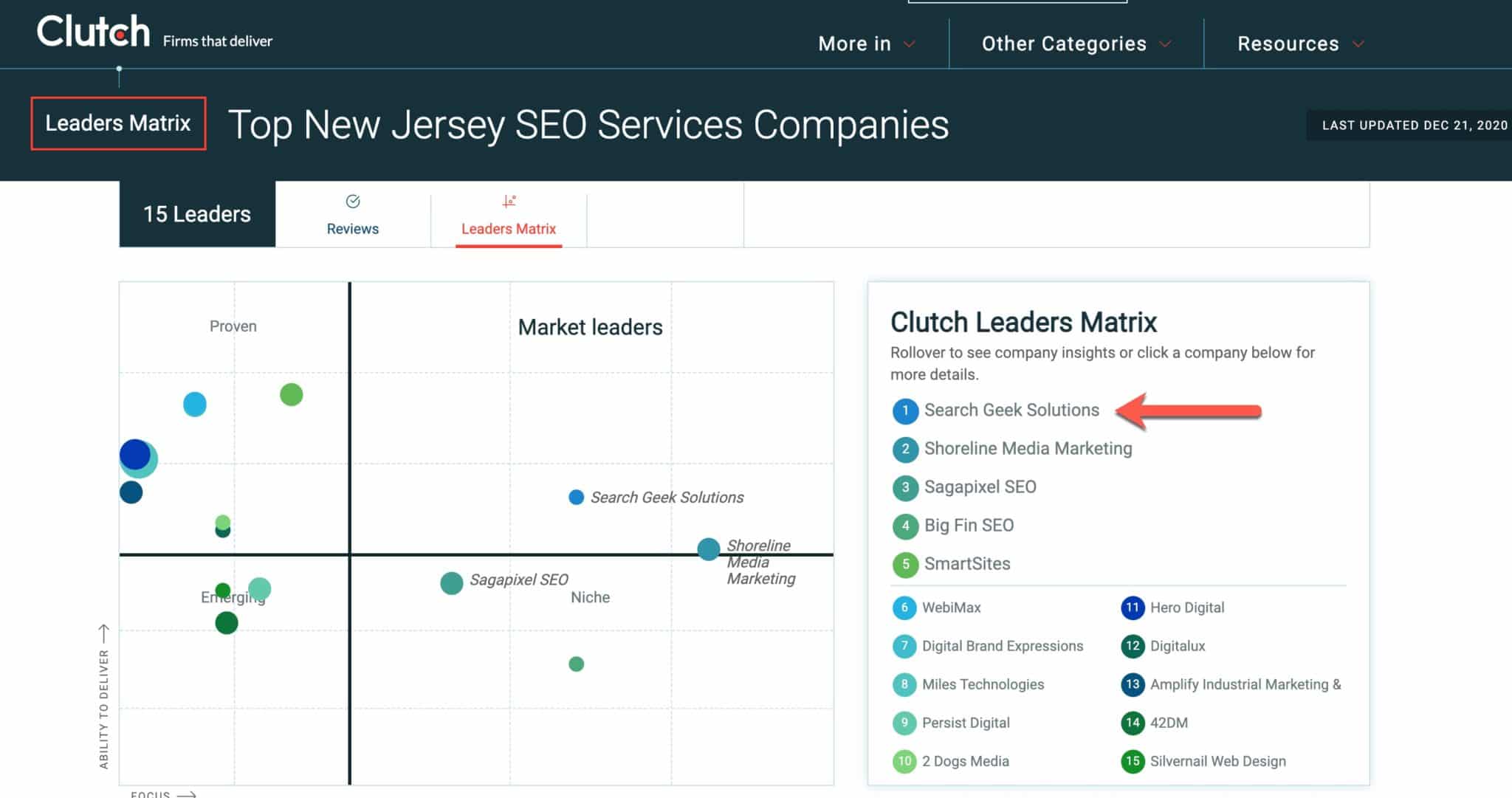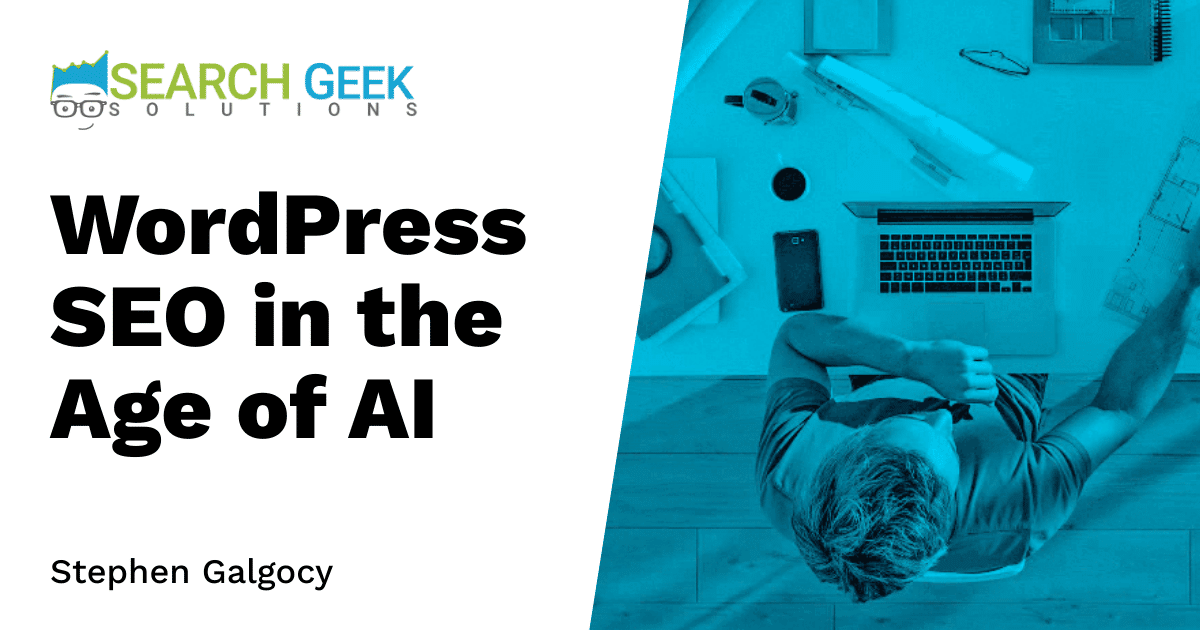Why settle for less when you can have the best local SEO services tailored for your New Jersey business?
Local SEO services in NJ can help businesses improve their online visibility and attract more customers. By optimizing your website for local search, you can increase traffic, leads, and sales within your target area. Consider hiring a reputable agency to boost your digital presence.
Our Tactical Approach
At Search Geek Solutions, we’ve tailored our local SEO services to meet the unique needs of businesses aiming to boost their local online presence. Our approach is data-driven and comprehensive, ensuring that every aspect of local SEO is covered meticulously. Here’s an overview of the specific services we offer:
- Technical SEO:
- Google Business Profile (GBP) Optimization: We start by ensuring your GBP listing is fully optimized. This foundational step is crucial for local SEO and involves fine-tuning your business details to improve visibility and accuracy in local search results.
- Maps Optimizations: Enhancing your visibility on maps is a critical technical aspect. We ensure your business is correctly listed, accurately positioned, and easily discoverable for local searches.
- Traffic Optimizations: This involves optimizing your website’s technical structure and user experience to improve the quantity and quality of traffic. It includes speeding up your website, making it mobile-friendly, and ensuring it is easily navigable.
- Content Development:
- Single-Variable Testing of Content: We employ single-variable testing to ensure the content we plan to publish has the potential to rank well, removing the guesswork from content creation.
- Building Topical Relevancy via the Blog: By creating blog content that targets local keywords and themes, we build topical relevancy for local searches, establishing your site as an authority in your local area.
- Masterfully Crafted Local Landing Pages: Developing local landing pages, sometimes down to the neighborhood level, allows us to target local search queries more effectively, improving visibility and conversion rates.
- Developing the Business Owner as an Expert Author: We focus on developing you, the business owner, as an expert author. This strategy aims to improve your “reference rank” by creating authoritative content that establishes your expertise and credibility in your field. This enriches your content marketing and enhances your overall SEO strategy by linking your authority to your business’s online presence.
- Off-Page SEO:
- Citations: We manage and optimize citations across various directories to ensure your business information is consistent and accurate, which is vital for local SEO.
- Backlink Building: Acquiring high-quality backlinks from reputable and locally relevant websites helps to increase your site’s authority and rankings in search engine results.
- Local Link Building: Focusing on links from local sources enhances your local search presence, helping to attract a targeted audience.
- High Authority References: We work to get your business mentioned in high-authority publications, which can significantly boost your visibility and credibility in local search results.
- Google Business Profile Posts: Regularly posting updates, offers, and news on your GBP keeps your profile active and engaging, which is beneficial for attracting local customers and improving your search rankings.
- Entity SEO Relationship Tasks: Establishing and optimizing relationships with related entities, such as local businesses, events, and communities, to strengthen your local SEO ecosystem.
Our strategic approach ensures a balanced focus on the technical groundwork, content authority, and off-page signals designed to boost your local SEO performance comprehensively.
Get Started Here
SATISFIED BUSINESS OWNERS
Powered by Search Geeks

830% Increase in Organic Visibility
Integral Care Pediatrics

420% Increase in Leads
Englewood Dentistry

580% Increase in Bookings
Bloomfield Dental Designs
Strategize.
A digital strategy is crucial for knowing if your marketing efforts are in the right place, appealing to the right audience, and being displayed at the optimal time. Implementing an SEO strategy can reduce the time spent guessing and focus on outperforming your competitors. It helps to prepare and inform your business of where to adapt when things change and the tactics to apply to future marketing campaigns.
Design.
We design websites, applications, and digital products that establish contemporary brands and form genuine connections with audiences. Our collaboration with partners starts with a strategy for crafting content, moments, and messages representing modern brands and communicating them authentically and in unexpected ways. Our process begins with the user, and through strategic design, we develop systems that surprise and delight while delivering more profound relevance and excellent value.
Perform.
Performance measures enable you and your staff to make changes and assess whether those changes enhance the agency/division/program’s performance, improving the quality of life for customers/clients. The most critical performance measures indicate whether clients or customers are better off as a result of executing our services. To learn more about our SEO services in NJ, we offer WordPress SEO services, dental SEO services, Squarespace SEO services, Wix SEO services, Webflow SEO services, Insurance SEO Services, Real Estate SEO Services, and local SEO services, all tailored to the local NJ market.
Brands That Trust Search Geek Solutions


45+Reviews


10+ Reviews
Ranked #1 In New Jersey!
Why Is SEO Important?
97% of consumers use search engines to search for a local business online
90% of B2B decision makers search for business services or products online
OUR PRODUCT
SEO Science That Works
Gain Maximum Visibility In Search
Appear at the top of local search results and reach prospects across all devices like Voice Assistant, Mobile, Desktop Browsers.
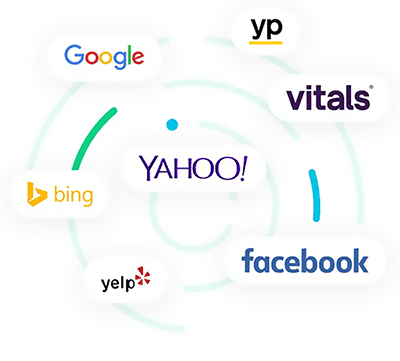
SEO CASE STUDY 2021
Service-Based Business Client
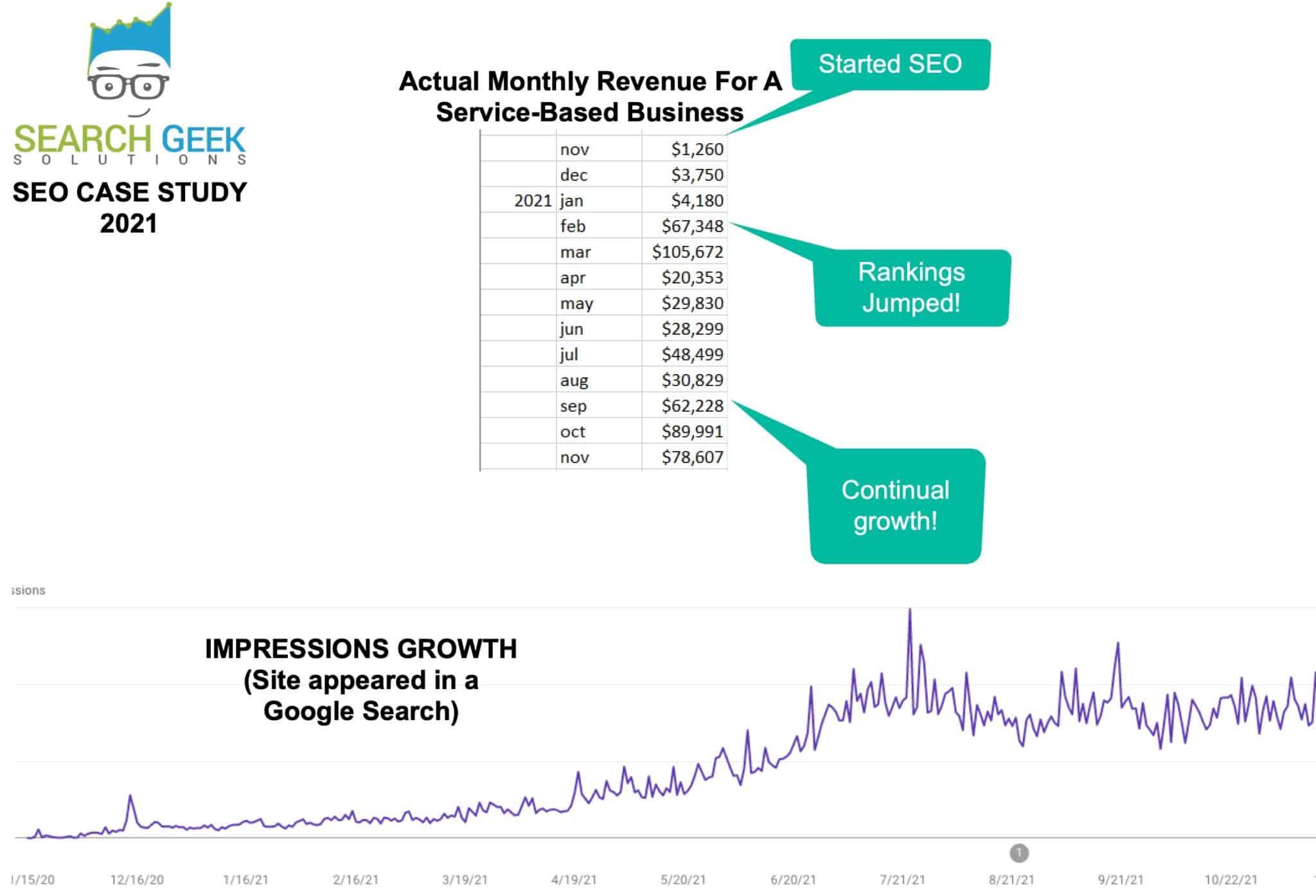
LOCAL CLOUT
Reputation Management Builder
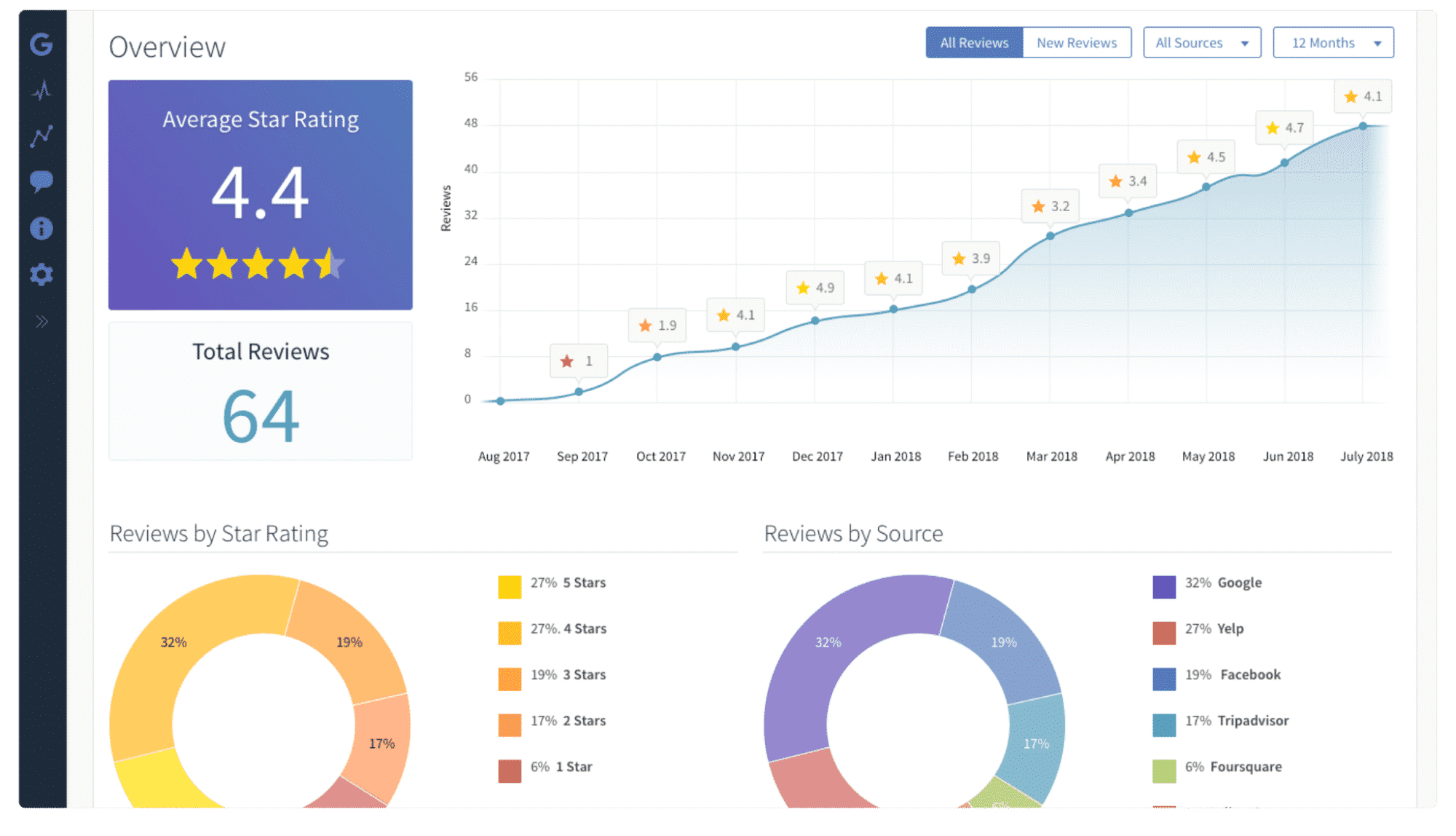
We build your business’ reputation while improving your visibility in organic search.
Search Geek Solutions’ “Reviews and Reputation Management” reviews software automates the process of improving the quality and quantity of reviews across the websites that matter.
Top-Rated SEO Company!
